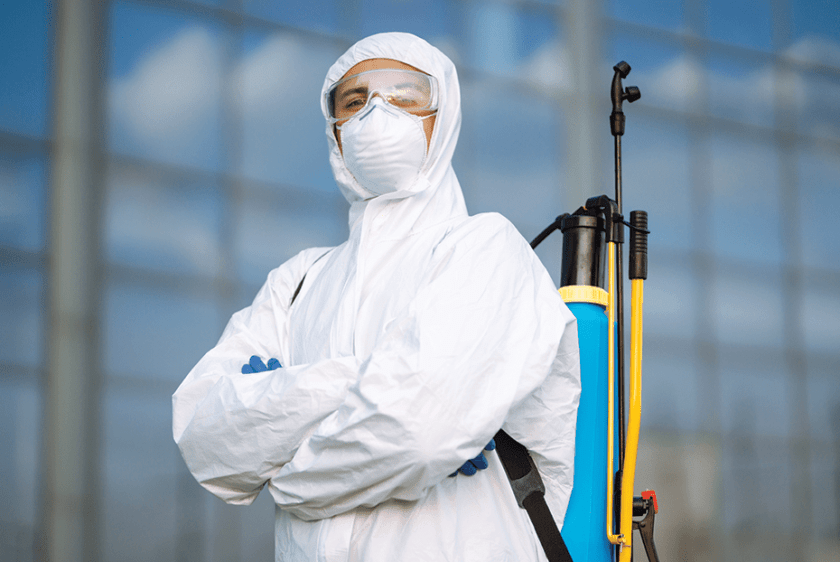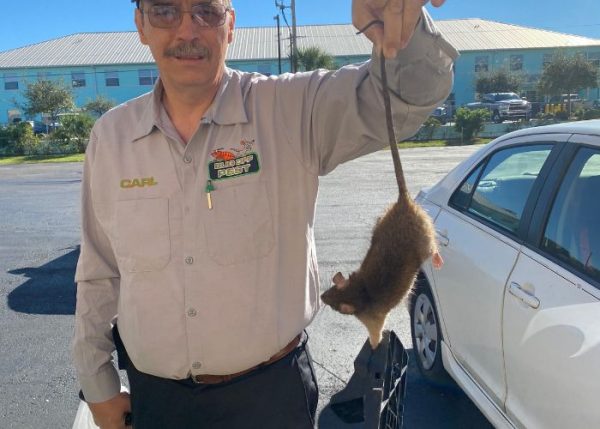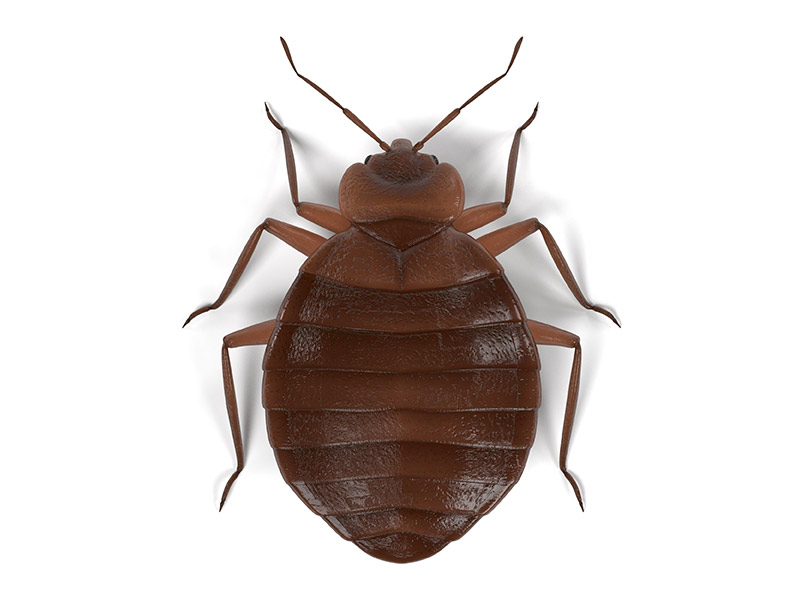Discovering Innovative Methods and Products for Reliable Parasite Control
The landscape of pest control is advancing, noted by the appearance of innovative techniques and items designed to improve performance and sustainability. From wise catches equipped with innovative monitoring systems to biological techniques that employ all-natural predators, these developments present a paradigm shift in exactly how we approach pest monitoring. Environmentally friendly chemical options and scent disturbance strategies offer targeted solutions that straighten with environmental stewardship. As the market faces these growths, a closer examination reveals not only their implications yet also the prospective obstacles that may emerge in their implementation.
Smart Traps and Checking Equipments
Just how can modern innovation improve insect administration? One considerable innovation is the development of clever catches and keeping an eye on systems, which supply real-time data and analytics for effective insect control. These systems make use of sensing units and wireless modern technology to spot insect activity, signaling residential property supervisors and parasite control professionals to infestations before they escalate.
Smart traps are geared up with functions such as bait stations that draw in bugs and capture them effectively. These catches can be checked from another location, allowing for timely interventions and lessening the requirement for substantial chemical applications. The assimilation of maker discovering algorithms makes it possible for these systems to set apart in between target parasites and non-target species, boosting the precision of insect control procedures.
Additionally, the information accumulated from clever catches can be examined to identify patterns in pest actions and environmental factors adding to infestations (Pest Control in Port Charlotte). This details is vital for establishing targeted insect monitoring approaches tailored to specific atmospheres. By welcoming clever traps and checking systems, bug control specialists can improve their operational efficiency and lower the eco-friendly effect of bug monitoring, ultimately leading to much safer and more lasting practices in the market
Organic Parasite Control Techniques
Making use of natural predators and bloodsuckers, biological bug control approaches offer an eco pleasant option to chemical therapies. This technique involves the introduction or enhancement of certain microorganisms that can naturally regulate pest populations, consequently lowering reliance on synthetic chemicals. Typical instances include making use of ladybugs to control aphid invasions and parasitical wasps to target caterpillars.

Organic control can be classified into 3 main strategies: classic, augmentative, and conservation. Classic biological control involves importing all-natural enemies from the pest's native environment, while augmentative control includes enhancing the population of existing all-natural adversaries through releases. Conservation techniques focus on creating conditions that sustain these advantageous microorganisms in the community.
It often needs an extensive evaluation of insect dynamics and the life cycles of both the insects and their natural opponents. As awareness of ecological problems expands, biological pest control techniques are progressively acknowledged for their sustainable duty in incorporated bug administration programs.
Eco-Friendly Chemical Alternatives
Eco-friendly chemical choices supply a feasible option for parasite management that lessens ecological influence while effectively regulating insect populaces. These alternatives are stemmed from natural resources and are very carefully created to target specific parasites without hurting useful organisms, making them an essential component of sustainable insect control methods.
Amongst one of the most efficient environment-friendly choices are plant-based pesticides, such as neem oil and pyrethrin, which are obtained from the seeds and blossoms of different plants. These substances interrupt the life process of pests, reducing their populations without the harmful effects connected with traditional chemicals - Pest Control in Port Charlotte. Additionally, important oils like pepper mint and clove oil exhibit repellent hop over to these guys buildings, even more enhancing their utility in pest management

Furthermore, environment-friendly chemical options often damage down a lot more swiftly in the environment, decreasing the danger of soil and water contamination. This particular aligns with the increasing consumer need for sustainable techniques in agriculture and urban insect control. As research continues to development, the advancement of cutting-edge green formulations will certainly better enhance efficacy and expand application areas, making it possible for pest monitoring specialists to adopt greener, a lot more liable techniques in their techniques while protecting human health and the setting.
Pheromone Interruption Methods
An additional innovative strategy in lasting pest administration is making use of scent disturbance strategies. These techniques exploit the natural chemical signals, or scents, that bugs make use of for communication, especially in breeding actions. By disrupting these signals, parasite populaces can be successfully managed without considering unsafe chemicals.
Scent catches are generally employed in this approach. Over time, this can lead to a substantial decrease in parasite populations.

Integrated Parasite Monitoring Approaches
Effective pest control typically calls for a detailed method, and Integrated Bug Monitoring (IPM) techniques give a structure explanation for attaining this goal. IPM incorporates numerous administration methods to reduce insect populaces while lowering dependence on chemical pesticides. This diverse approach begins with comprehensive surveillance and identification of parasites, permitting targeted interventions based on specific bug pressures.
Cultural practices, such as crop rotation and sanitation, play an essential role in avoiding pest facility. Organic controls, consisting of natural killers and parasitoids, are used to keep insect populations at workable levels. When essential, selective chemical treatments are used, highlighting lower toxicity to non-target species and the environment.
By using this all natural approach, IPM not only boosts pest control effectiveness but additionally adds to long-lasting eco-friendly equilibrium. Ultimately, Integrated Bug Management represents a forward-thinking remedy that lines up agricultural productivity with environmental stewardship, making it crucial in contemporary insect control strategies.

Conclusion
In final thought, the combination of ingenious methods and products for effective parasite control stands for a significant innovation in sustainable pest monitoring. Smart traps and keeping track of systems, biological insect control techniques, environment-friendly chemical choices, and scent interruption methods jointly improve the efficiency of pest management approaches.
Comments on “Experience premium Pest Control in Port Charlotte for long-term protection.”